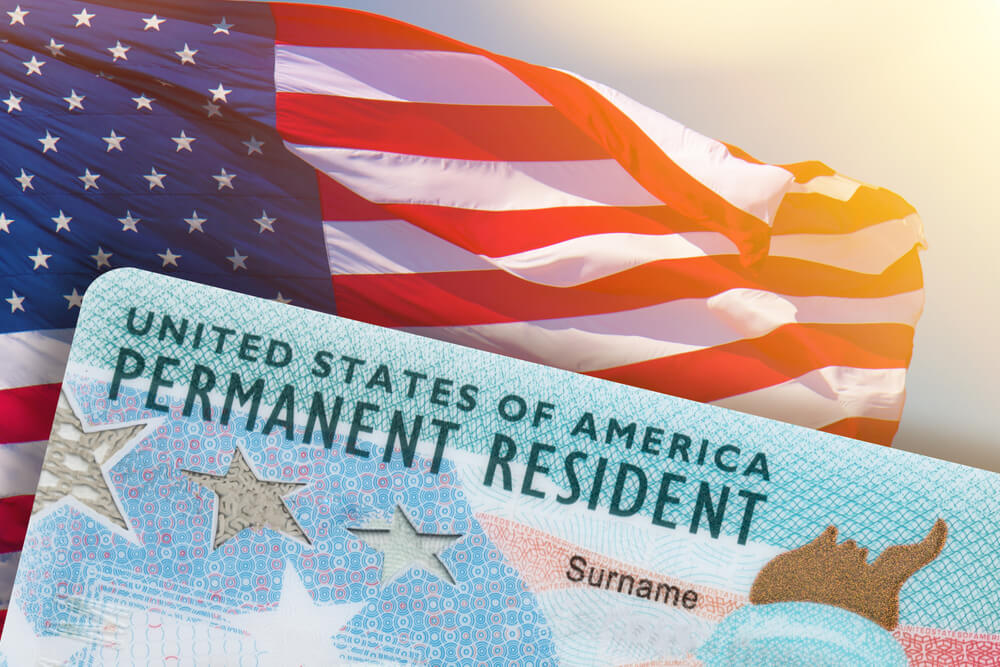They sign documents they don’t understand and go randomly: how the system of sending illegal immigrants from Texas to New York works
'26.09.2022'
Olga Derkach
As New York City struggles to accommodate immigrants arriving from the U.S.-Mexico border and hundreds of asylum seekers arrive daily from Texas, New York City Mayor Eric Adams announced that the massive tents in the Orchard Beach parking lot in the Bronx will serve temporary shelters. Writes about it The City.
But while Adams focused his fire on Republican Gov. Greg Abbott for sending thousands to New York, more than 50 buses carried more than 2000 thanks to El Paso Mayor Oscar Lizer. It offers newcomers from overseas a free bus ride to New York or Chicago.
Until recently, immigrants who did not want to ride these buses ended up living in poverty in the open air, in special camps in the city center, near the Greyhound bus station.
Last week, after months of planning, the city opened a processing center to welcome new arrivals. Migrants who have money, friends and family in the US are getting help booking buses and planes to leave the city. The center then provides trips to airports and bus stations.
People who are short on funds are offered a free long-distance bus ride - provided they sign a document stating in English that the City of El Paso is not responsible for bodily injury, property damage, or any other accident in the bus.
"I really don't want to go to New York," said Edouard Colmenares, 35, from Venezuela. His brother arrived a few months earlier and is still at the orphanage in New York and doesn't like it there.
Colmenares' partner Angela Rodriguez, 22, didn't think the couple and their 3-year-old daughter Camilla would enjoy it either. Besides, she heard that New York is expensive. “Most people would rather go to Miami,” she said. This city has the largest Venezuelan population in the United States. Still, Rodriguez continued, "They say there's a lot of work in New York." The family is willing to take the risk and take advantage of the free bus ride.
On the subject: New York authorities want to place illegal immigrants on cruise ships
Venezuelan Jormerlin Ortiz said she and her 2-year-old son Enmanuel are fleeing domestic violence. She doesn't know anyone in the US and has no money. She's drawn to the New York orphanages, but Ortiz's papers suggest she may have been too hasty in her decision.
Ortiz said a priest at a Catholic orphanage asked her to sign a form the day before. In English, it says that the signatory has agreed that the city of El Paso will not be held liable for any damages incurred during the two-day trip to New York. The document did not contain a Spanish translation.
Several variants
Many said they had no choice. They said they were trying to get to other parts of the country. El Paso's bus program to New York and Chicago kicked off in early August, and until this week most of those who canceled travel were told the city would not pay for tickets to other locations.
With no other choice, dozens of migrants gathered in a makeshift camp in the city center, got stuck and went bankrupt. They slept among piles of donated clothing, garbage and urine until the police evicted them on September 18. After that, they wandered around the nearby streets.
One of the illegals, Juan Carlos Oropesa, was trying to raise money to go to Tennessee. Women also found themselves in a difficult position. Jelin Lozada and her cousin take care of five children. They were offered free rides to New York or Chicago, but they wanted to go to San Antonio.
Wrong city
Katherine Cole Executive Director of Grannies Respond: Abuelas Responden (a New York State-based group of mostly older Americans) has begun providing political and humanitarian support to immigrant families separated at the border during the Donald Trump administration.
With partner team Team TLC NYC, they meet people as they exit buses and offer services such as welcome lunches and personal escorts to shelters. In a phone interview, Cole said migrants who take free rides often seem ignorant and confused when they arrive, if not misled.
“Some wanted to come, but some have meetings with ICE in other states and want to go to those states. Apparently the volunteers in Texas think that if they send people to New York, at least they'll be closer to where they want to be. And then they have to go to other states again,” she says.
Cole said that in August alone, her group spent at least $24 on fares for such passengers. “The problem is growing,” she said.
A few months ago, El Paso leaders suspected that their community would see a huge increase in the number of migrants seeking asylum in the long term, but they were slow to respond. One reason for the delay was the community's near-total reliance on charity and volunteering to help immigrants.
Ruben Garcia, the city's best-known and most experienced organizer of non-profit migrant shelters, ran the Annunciation House, a Catholic shelter system, for decades. He complained that El Paso was shirking its civic responsibility to help refugees, leaving the work to struggling groups like him.
Shelters are vulnerable to the vicissitudes of charity and unpaid work. Garcia's largest shelter, capable of housing 1500 people a day, closed in early August in part because of a lack of volunteers needed to run it.
On the subject: Barcode bracelets: how a small detail added fuel to the conflict between Texas and New York because of illegal immigrants
El Paso County Commissioner David Stout suspects aid workers are suffering from what he calls "volunteer fatigue" after years of caring for immigrants.
In July, Venezuelan immigration to Texas skyrocketed. By early September, most of it was going through El Paso. By then, about half of the 1300–1400 immigrants El Paso encountered on a daily basis were Venezuelans. The shelters were full. Customs and border service began to release people.
New bureaucracy
The city's new processing center is much like what nonprofits used to do, but with 50 paid employees and a new bureaucracy providing buses to New York. From August, up to eight people a day depart from El Paso.
El Paso is now sending workers to the streets to give some stranded migrants bus tickets to destinations other than Chicago and New York, deputy city manager Mario D'Agostino said.
A young Venezuelan, Carlos Valero, said government officials visited him the night before and saw him limping from a bad foot fungus he picked up in the Darien Gorge jungle. The workers asked what happened. When Valero said he had been kicked out of the reception center after saying he needed to go to a friend in California, the workers went to the station and bought him a ticket to San Bernardino.
Two passengers on different buses departing from El Paso said that they and their children were only given one small sandwich and a bag of potato chips each for the 43-hour bus trip, and after several hours on the road, many began to suffer from increasingly severe hunger. . In addition, they said that several small children vomited and one had an epileptic seizure.
“If my husband, my 12-year-old son and I knew what this trip would be like, we would not have taken the bus,” said one passenger.







